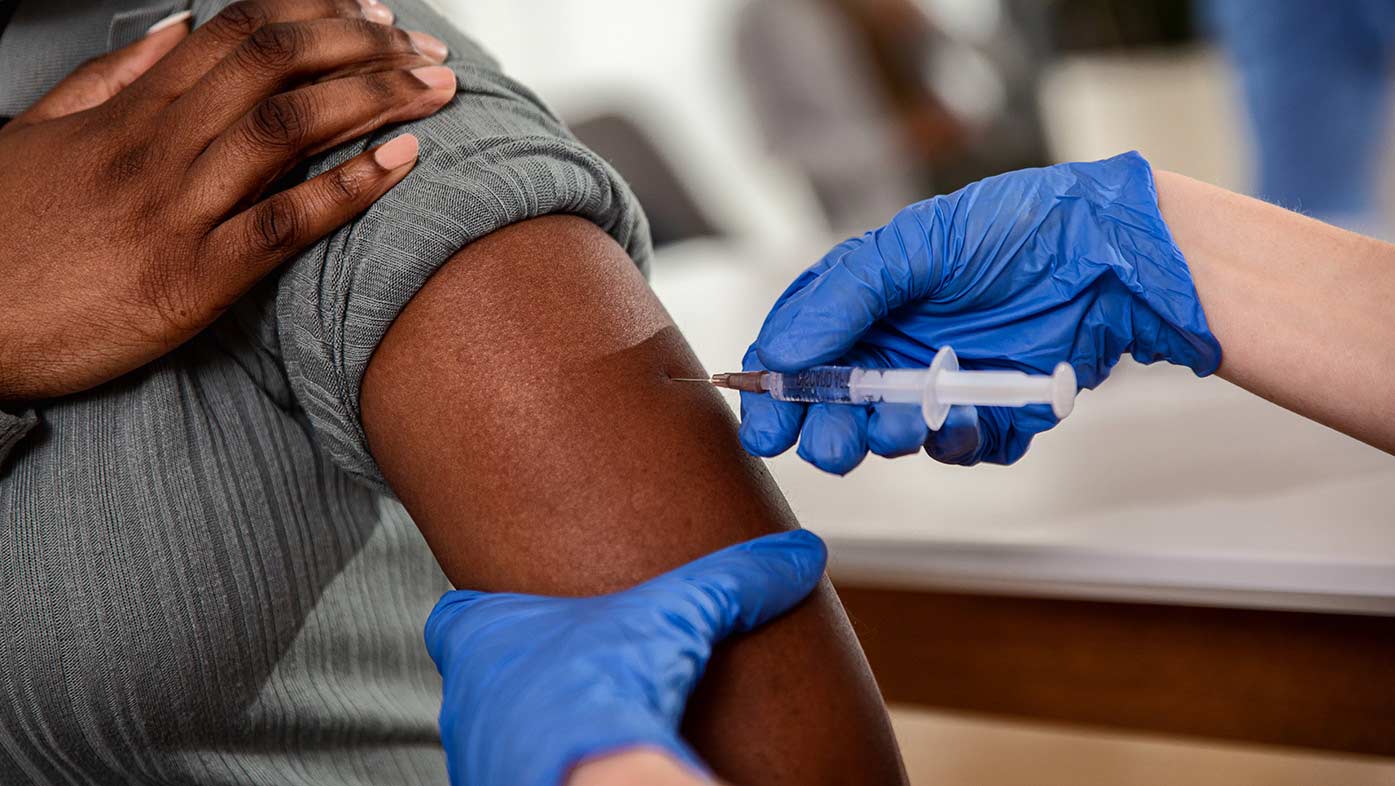Science
Learn more about our science, the core of our work.
To refine search, choose a category or topic and click on the search icon.
Subscribe to Our stories alerts
Beyond just relevant information about Bristol Myers Squibb's therapeutic areas and innovation, Our stories offer a window into the work our employees do every day for patients.




